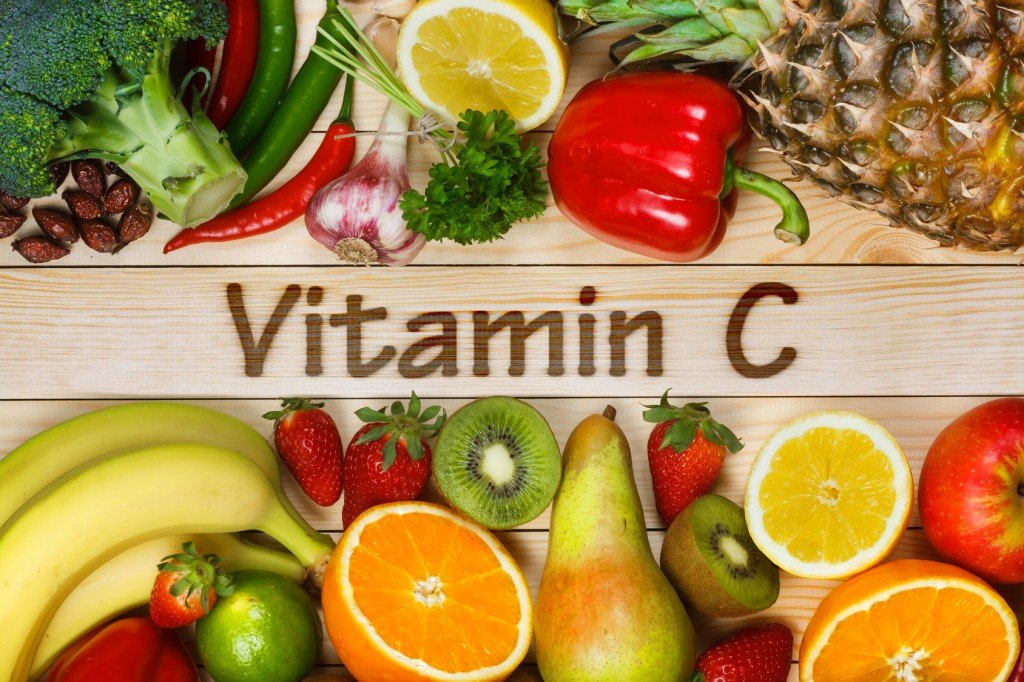This site contain affiliate links.
A strong immune system is vital for protecting the body against pathogens and maintaining overall health. Proper nutrition plays a critical role in supporting immune function, providing essential nutrients that help regulate and strengthen the body’s defense mechanisms. Research published in the journal Nutrients suggests that deficiencies in key nutrients like vitamins A, C, D, E, and zinc can compromise immune responses and increase susceptibility to infections (source: “Nutrients and Immune Function: Can Supplements Help?” – Nutrients, 2020).

Dr. Andrew Weil, a prominent physician and integrative medicine expert, once said,
“Nutrition is a powerful way to maintain and enhance our immunity.”
The immune system is a complex network of organs, cells, and molecules that work together to defend the body against pathogens and foreign invaders. It includes both innate immunity, which provides immediate, nonspecific defense mechanisms, and adaptive immunity, which adapts over time to specific pathogens. According to research published in the journal Nature Reviews Immunology, various dietary factors can influence immune function by modulating the production and activity of immune cells (source: “Immune System: An Introduction” – Nat Rev Immunol, 2021).
Essential Nutrients for Immune Health
Zinc: Essential for Immune Cell Function and Wound Healing

Zinc is an essential mineral that plays a vital role in immune cell function and wound healing. Zinc is involved in numerous aspects of immune function, including the development, activation, and function of immune cells such as neutrophils, natural killer cells, and macrophages. Additionally, zinc is required for the synthesis of DNA and protein, making it essential for cell proliferation and tissue repair processes involved in wound healing. According to a review published in the journal Nutrients, zinc deficiency can impair immune function and increase susceptibility to infections, highlighting the importance of adequate zinc intake for optimal immune health (source: “Zinc and Immune Function: The Biological Basis of Altered Resistance to Infection” – Nutrients, 2015).
I have found that supplementing my diet with zinc has made a huge impact on reducing length of sickness when I do get a cold and I love this zinc supplement.
Vitamin C: A Powerful Antioxidant Supporting Immune Function
Vitamin C, also known as ascorbic acid, is renowned for its potent antioxidant properties and its crucial role in supporting immune function. As an antioxidant, vitamin C helps protect cells from oxidative stress caused by free radicals, thereby bolstering the body’s defense against infections and diseases. Moreover, vitamin C is involved in the production and activity of various immune cells, including white blood cells, which are essential for fighting off pathogens. Research published in the journal Nutrients indicates that vitamin C plays a vital role in supporting immune function by enhancing the production and activity of immune cells, such as neutrophils, lymphocytes, and phagocytes (source: “Vitamin C and Immune Function” – Nutrients, 2017).

Vitamin D: Regulating Immune Response and Reducing Infection Risk

Vitamin D is renowned for its role in regulating immune response and reducing the risk of respiratory infections. One of the primary functions of vitamin D is to enhance the innate immune response, which serves as the body’s first line of defense against pathogens. Additionally, vitamin D plays a crucial role in modulating the adaptive immune system, helping to regulate the production and activity of immune cells involved in mounting specific responses to pathogens.
According to a meta-analysis published in The BMJ, vitamin D supplementation was associated with a significant reduction in the risk of acute respiratory tract infections, particularly among individuals with vitamin D deficiency (source: “Vitamin D supplementation to prevent acute respiratory tract infections: systematic review and meta-analysis of individual participant data” – The BMJ, 2017).

